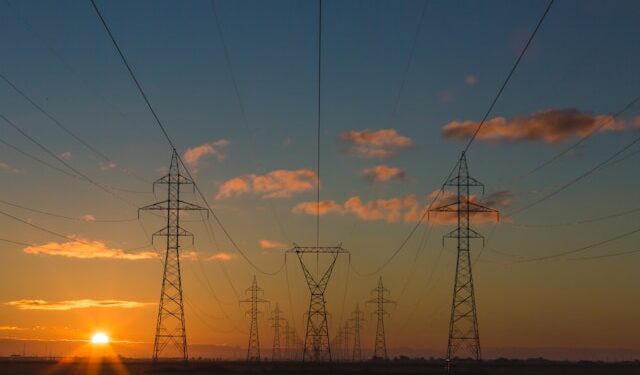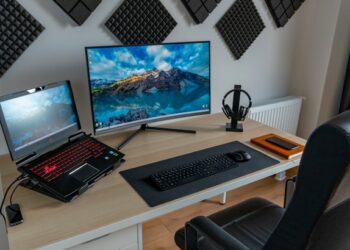If you want to save some money and benefit the environment at the same time, one of the best strategies is to maximize the energy efficiency in your home.
You don’t have to sacrifice comfort for it, but you can pick your battles and upgrade areas that will make a difference.
Knowing where to start is key if you want to succeed long-term.
Let’s dive in!
Energy efficiency: why is it important?
The most evident advantage of investing in energy efficiency is the fact that you will reduce the amount of energy consumed in your home.
Which means that you will have to pay less when the bills come, and your home will have more value in case you want to sell it.
With simple upgrades, you can save a significant amount of money in the long run. Besides, energy-efficient homes are oftentimes very stable in terms of temperature, and you won’t have annoying drafts to deal with.
When you combine energy efficiency with ventilation systems, you can even enjoy purer, healthier air inside your house.
Here’s where to start.
-
Determine how much energy you currently use
Before you replace all your appliances, you need to understand exactly how much energy your home uses and where you need to improve first.
- Energy audit: it’s possible to hire a professional to evaluate your home’s current energy usage. There are tools online, but with a detailed audit, you can know the specific points of energy loss in your home and get better recommendations.
- Identify problem areas: as we said before, there are specific areas in your home that might be losing energy. Common ones include poor insulation systems, old appliances and an outdated electricity system. From drafty windows to inefficient heating systems, you can fix these first and then go onto the next ones.
Upgrading to energy-efficient appliances
Modern appliances are designed to use less energy without compromising performance, so changing those old, wasteful ones is best for your economy, especially for stuff like fridges or ovens, which you use every day.
-
- Refrigerators, washing machines, and dishwashers: if you’re going to change these, check out their energy-efficient certifications. You’ll notice a difference in your bills after the first month if you prioritize energy efficiency.
- Smart thermostats: these are great because they automatically adjust your home’s temperature for the best energy use. Some models even learn your daily routine without needing manual adjustments. Remember to use a security tool such as VPN for Oculus Quest, for example, which can protect your data while you’re remotely managing smart thermostats, lighting systems, or home cameras.
- Water heaters: a solar water heating system is great and it drastically reduces your energy usage. Install it properly and you’ll save a lot of money in the long run, despite the initial investment.
- LED lighting: LED bulbs are 80% less energy wasteful than traditional, incandescent bulbs. They last longer too, and they provide the same amount of light, so for any home this is the easiest upgrade.
- Solar panels: if you want to make a big investment, consider solar panels. They will cut your electricity bills after the first month, and they can even make your home self-sufficient. Many governments have environment initatiatives for those investing in solar panels.
- Water-saving fixtures: when you want to make your home more energetically efficient, electricity isn’t the only aspect to consider. Get water-efficient taps, showerheads and ven toilets. If you want to take it a step further, you can install a greywater recycling system, and use the water for irrigation and toilet flushing.
Keeping your appliances in top shape
When you make an effort to keep your things in great condition, you can make sure that they continue to be energy efficient over time. Here are a few tips:
- Clean Air Filters: Clean the filters in air conditioners and heaters, ideally every month or every other month. Dirty filters force systems to work harder, using more energy, but they’re also terrible for your health.
- Do Annual Heating Service: Service your heating system annually. With regular servicing you’re certain that all systems operate at their best. It also helps identify potential issues before they become expensive and unexpected repairs.
- Check for Leaks: Check for leaks in pipes and windows. Addressing small leaks quickly can prevent bigger energy losses. Fix drafty windows and change them if necessary. Double glazing windows are great for reducing noise contamination and also for keeping the house at a stable temperature throughout the year.
- Seal Air Leaks: Seal air leaks around doors and windows with weather stripping or caulkin if you won’t change old windows. Cover them with curtains to create an air bubble and keep the temperature inside your house stable.
To sum up
Every step brings you closer to a greener, more cost-effective lifestyle. With regular maintenance and the integration of smart technology, your home can remain energy-efficient for years to come.





